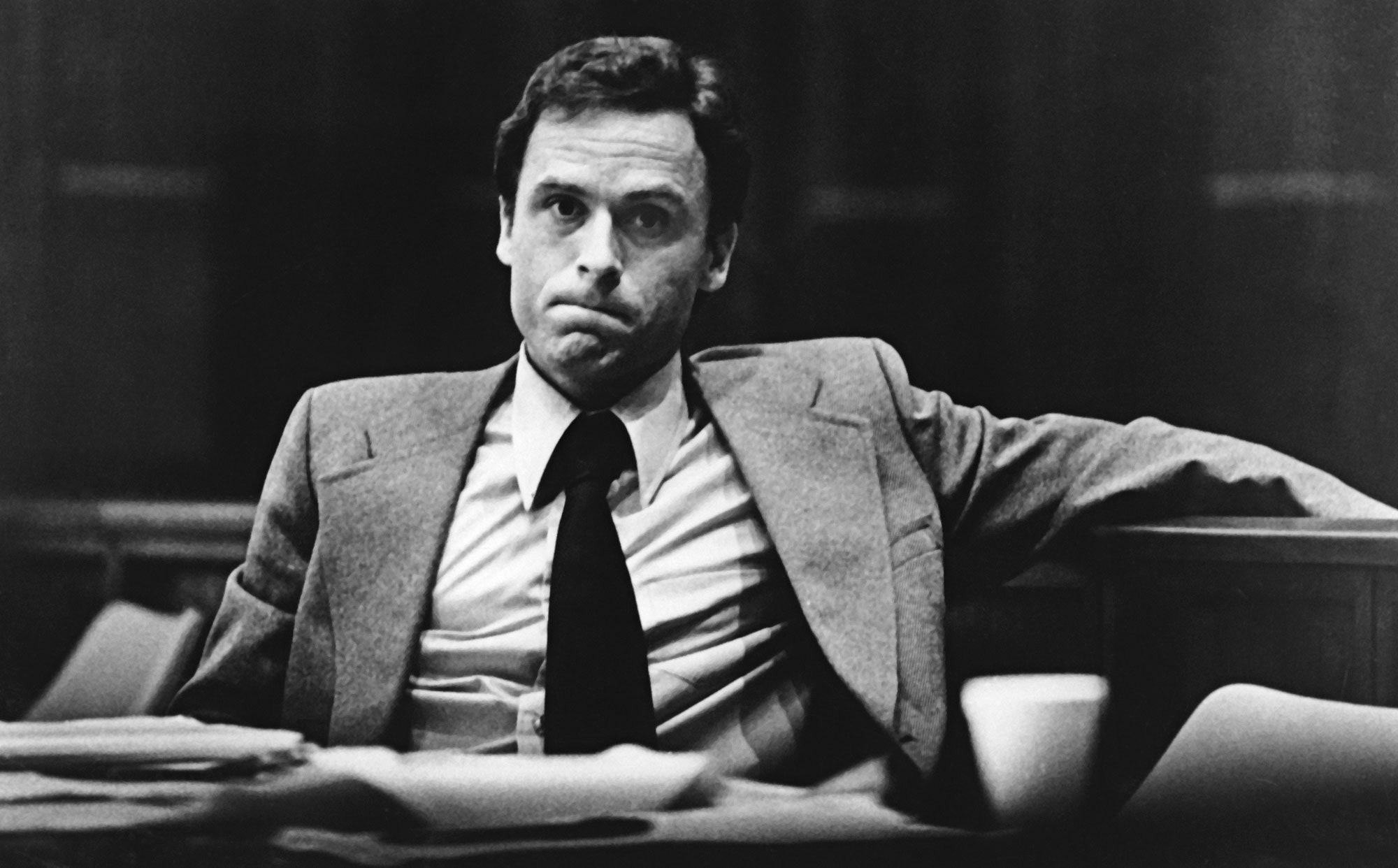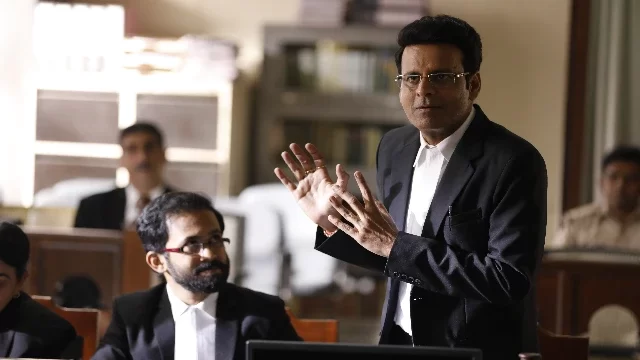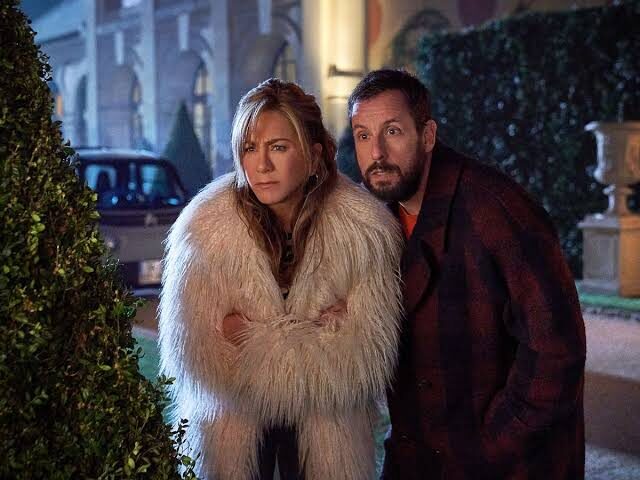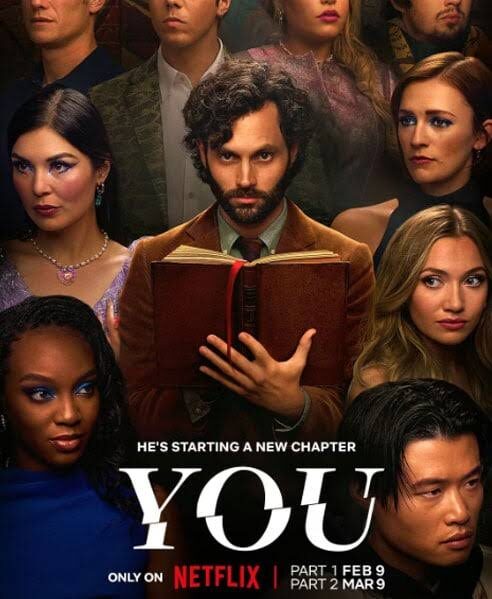
Two more movies about Ted Bundy – Why Hollywood is obsessed with this serial killer?
Ted Bundy was an American serial killer who kidnapped, raped, and murdered numerous young women and girls during the 1970s and possibly earlier. After more than a decade of denials, he confessed to 30 homicides, committed in seven states.
Hollywood remembers Ted Bundy for the same reasons that Bundy became a disturbing source of fascination before his execution in 1989, Hollywood remains infatuated by the name and the commercial prospects of Bundy-related titles. Recent examples include the movie “Extremely Wicked, Shockingly Evil and Vile,” starring Zac Efron, and the Netflix docuseries “Conversations With a Killer: The Ted Bundy Tapes.”
When another one of these movies rolls around, they’re easier to ignore. When they start arriving in pairs, it speaks to both the hunger for the equivalent of serial-killer celebrities and the sheer glut of content.
So add two more to the Bundy filmography — which began with Mark Harmon in “The Deliberate Stranger” in 1986 — both of which focus on those in law enforcement connected to the case: “No Man of God,” which stars Elijah Wood as FBI profiler Bill Hagmaier, opposite a chillingly effective Luke Kirby as Bundy; and “Ted Bundy: American Boogeyman,” with Chad Michael Murray as Bundy and Holland Roden as Kathleen McChesney, the young Seattle cop pursuing him.
The films offer a stark contrast in how two movies, both relatively small in scale, can take similar material and go in wildly different directions — the first playing like a taut, provocative character study in the cat-and-mouse game between the killer and the low-key fed; and the latter representing cheap exploitation, which presents the killings in a lurid way that adds virtually nothing to the story.
.”American Boogeyman” deals with profiling — McChesney and profiler Robert Ressler (Jake Hays) are both real-life figures but spends far too much time peering over Bundy’s shoulder as he chooses and pursues victims.
Because profiling and modern criminology were greatly influenced by this period, there is an intellectually stimulating side to all this that “No Man of God” mines. Alex Gibney’s recent HBO documentary “Crazy, Not Insane,” about another Bundy interviewer, psychiatrist Dorothy Otnow Lewis, taps into a similar vein.
Still, that means doing so in a way that doesn’t romanticize or inadvertently glamorize murderers — as “Extremely Wicked” was accused of doing — which has been a frequent complaint regarding depictions of Bundy, whose good looks have long made the role appealing to Hollywood and resulted in admirers who populated the courtroom during his trial.
The issue can be especially problematic in dramatic portrayals, where, as Vox critic Alissa Wilkinson wrote at the time in regard to Efron’s role, “The camera constantly pulls in close to Efron’s face, lingering on his portrayal of Bundy when he’s most sympathetic and funny and kind, rather than dwelling on his truly brutal moments. You know he’s evil, but the camera sure doesn’t.”
The appetite for true crime certainly isn’t ebbing, with enough enthusiasts that the genre has flourished in a TV and movie marketplace further fragmented by streaming. Despite a steady diet of serial-killer-related programming, Bundy remains a particularly durable figure whose story keeps being recycled through whatever new wrinkle drama and documentary filmmakers can find.
Given that, “American Boogeyman” might be dreck, but the title gets one thing right: This boogeyman isn’t going away as long as there’s a buck to be made off the name.







